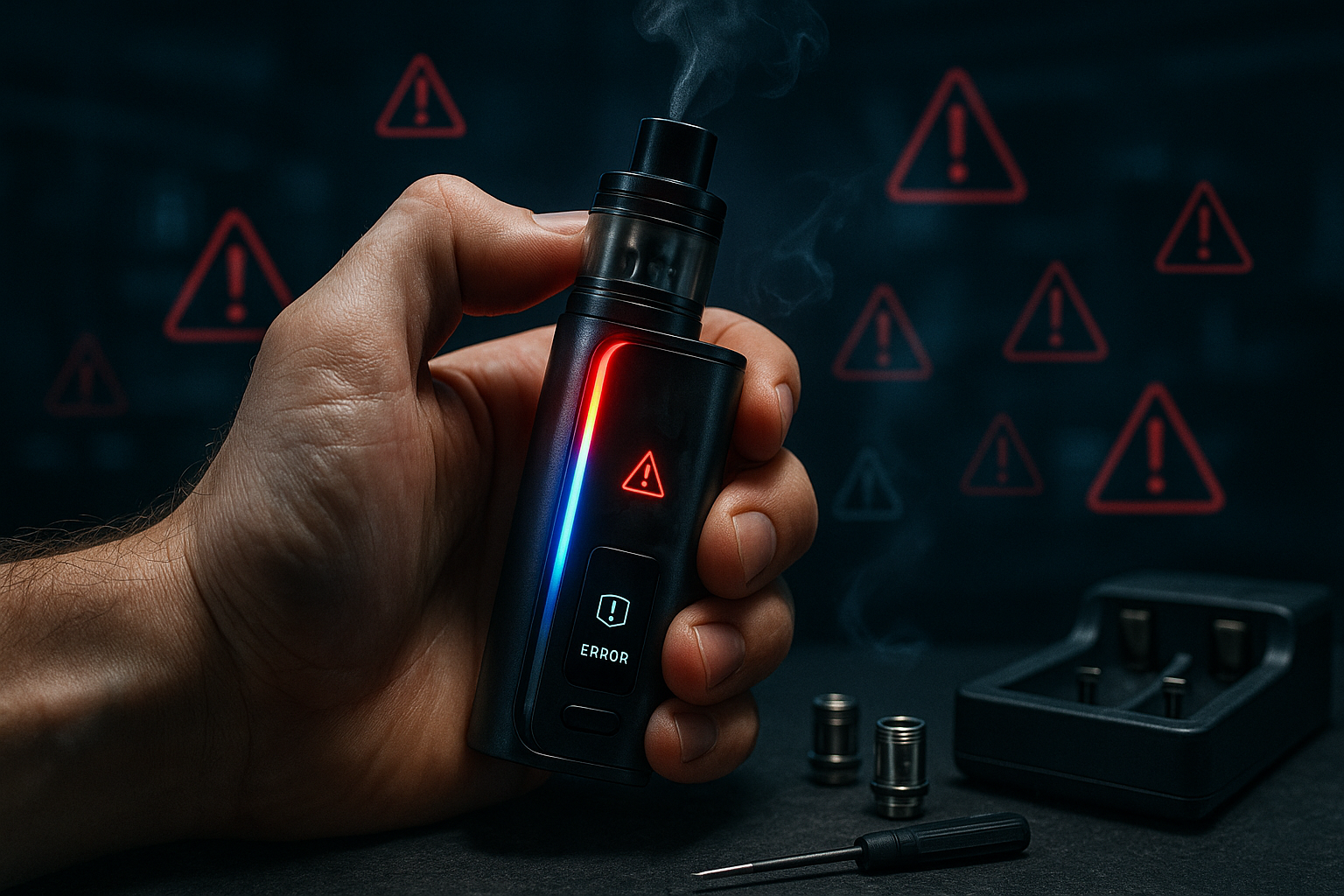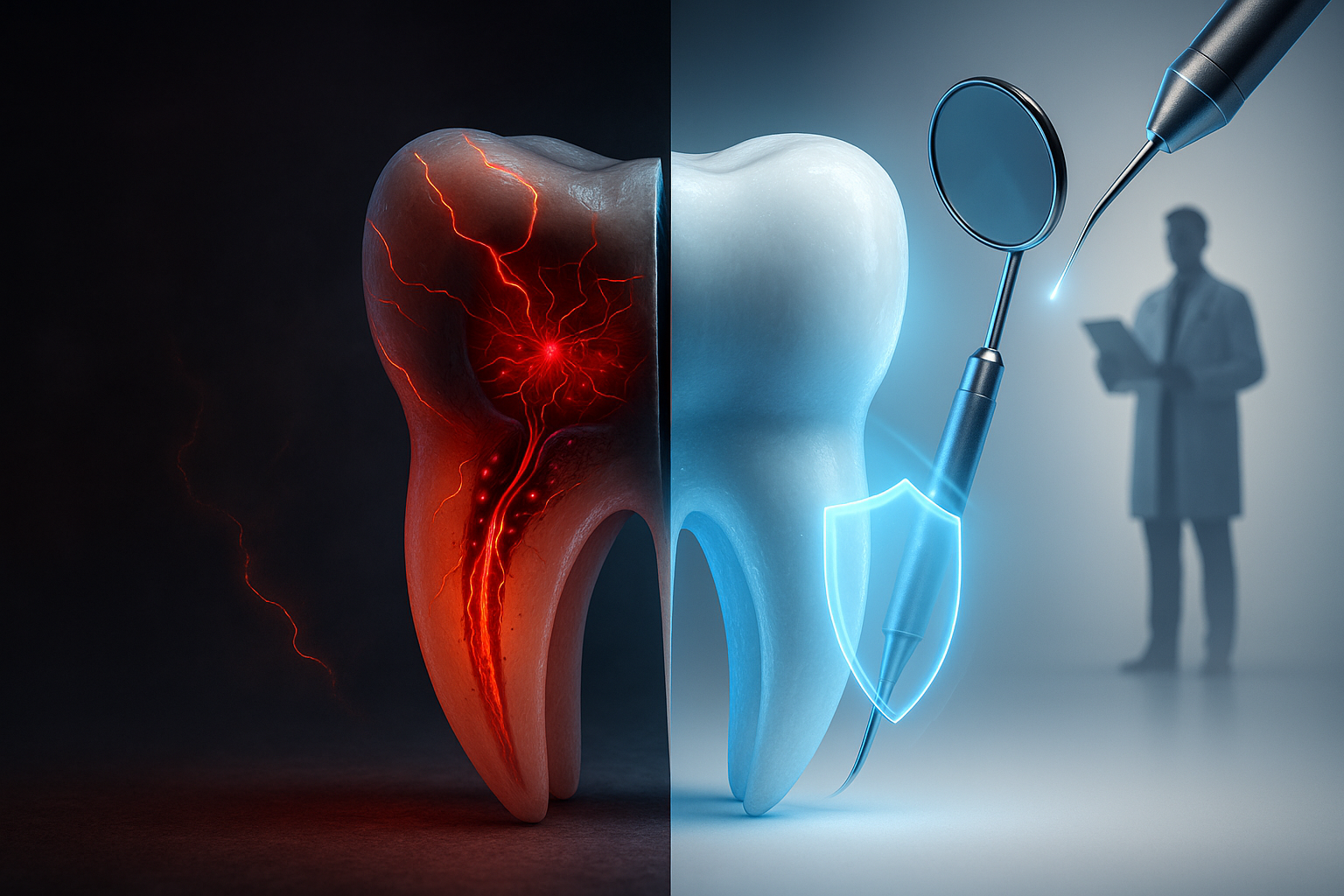
Why Is My Cat Breathing Heavy? 12 Causes & When to Worry
If you've noticed your cat breathing heavily, you might be wondering if it's normal or a sign of something serious. Unlike dogs, cats rarely pant or breathe heavily without cause, which is why heavy breathing in cats often signals an underlying health issue that requires attention. This article will help you understand when your cat's heavy breathing is normal, when it's concerning, and what steps you should take to ensure your feline friend stays healthy.
What Is Normal Breathing in Cats?
Before we dive into the concerning aspects of heavy breathing, it's important to understand what normal breathing looks like in a healthy cat.
Normal Respiratory Rate
A healthy cat typically breathes at a rate of 15-30 breaths per minute when resting or sleeping. You can measure this by watching your cat's chest rise and fall (one complete rise and fall counts as one breath) for 30 seconds and multiplying by two.
According to VCA Hospitals, "Resting/sleeping breathing rates that are consistently greater than 30 breaths per minute are increased and considered abnormal."
How to Measure Your Cat's Breathing Rate
Monitoring your cat's breathing rate at home is simple:
- Wait until your cat is resting quietly or sleeping (make sure they're not purring, as this can affect the count)
- Watch their chest rise and fall
- Count one breath for each complete rise and fall of the chest
- Use a timer to count breaths for 15 or 30 seconds
- If you counted for 15 seconds, multiply by 4; if for 30 seconds, multiply by 2
This gives you the breaths per minute, which you can track over time to notice any concerning changes.
What Normal Breathing Looks Like
Normal cat breathing should be:
- Smooth and effortless
- Relatively quiet
- Regular in rhythm
- Without excessive chest or abdominal movement
- Without open-mouth breathing (cats normally breathe through their nose)
When Is Heavy Breathing Normal in Cats?
There are a few situations where heavier breathing in cats might be normal:
After Exercise
Cats may breathe more heavily after intense play or exercise. However, this should resolve quickly once they rest.
"While some panting in cats is normal, in other cases it can be a sign of a serious problem that needs immediate veterinary care," notes Greensboro Veterinary Hospital.
Heat and Stress
Cats might pant when they're overheated or experiencing stress. This type of panting should subside once the cat cools down or calms down.
Important Note
Even in these situations, heavy breathing in cats is much less common than in dogs. If your cat is panting heavily after play, it's worth monitoring closely as this could still indicate an underlying issue.
Types of Abnormal Breathing in Cats
Abnormal breathing in cats generally falls into three categories:
1. Tachypnea (Rapid Breathing)
This refers to an increased rate of breathing. Your cat's breathing may appear shallow but rapid.
2. Dyspnea (Labored Breathing)
This is when your cat is having difficulty breathing. Signs include:
- Noticeable effort to breathe
- Extended neck while breathing
- Flared nostrils
- Visible chest or abdominal movement with each breath
3. Open-Mouth Breathing or Panting
Cats rarely breathe through their mouths unless they're in respiratory distress. Open-mouth breathing in cats is almost always a sign that something is wrong.
Common Causes of Heavy Breathing in Cats
Asthma
Feline asthma affects approximately 1-5% of cats and can cause episodes of heavy breathing, wheezing, and coughing.
Signs include:
- Coughing or hacking
- Wheezing
- Open-mouth breathing during attacks
- Hunched posture with extended neck
While asthma isn't curable, it can be managed with medications like corticosteroids or bronchodilators.
Respiratory Infections
Upper respiratory infections are common in cats, especially those from shelters or multi-cat households.
Signs include:
- Heavy breathing
- Sneezing
- Nasal discharge
- Coughing
- Lethargy
These infections often start as viral but can lead to secondary bacterial infections requiring antibiotics.
Heart Disease
Heart problems, including congestive heart failure, can cause fluid buildup around the lungs, leading to breathing difficulties.
Signs include:
- Rapid breathing
- Coughing
- Lethargy
- Reduced appetite
- Possible blue-tinged gums in severe cases
Treatment typically involves medications to improve heart function and possibly draining excess fluid.
Heartworm Disease
Though less common in cats than dogs, heartworm disease can cause serious respiratory issues.
Signs include:
- Coughing
- Difficulty breathing
- Vomiting
- Weight loss
Prevention through monthly medication is crucial, as treatment options for cats with heartworm are limited.
Other Causes
Additional causes of heavy breathing in cats include:
- Trauma or injury to the chest
- Pain from various conditions
- Anemia (reduced red blood cells)
- Neurological disorders
- Abdominal enlargement (which can put pressure on the diaphragm)
- Foreign objects in the airway
- Extreme stress or anxiety
- Overheating or heat stroke
When to Be Concerned: Emergency Signs
Heavy breathing in cats often requires immediate veterinary attention, especially if you notice:
Immediate Emergency Signs
- Open-mouth breathing or panting that isn't related to brief exertion
- Blue or purple-tinged gums (cyanosis), indicating oxygen deprivation
- Breathing rate above 40 breaths per minute while resting
- Noisy breathing (wheezing, rasping, or gurgling sounds)
- Inability to settle or extreme distress
- Collapse or extreme weakness
According to Ethos Veterinary Health, "Open-mouth breathing in a cat is always considered an emergency."
Other Concerning Signs
- Coughing
- Lethargy or decreased activity
- Reduced appetite
- Hiding more than usual
- Hunched posture
What to Do If Your Cat Is Breathing Heavily
Immediate Steps
- Stay calm - Your cat can sense your anxiety
- Minimize stress - Move to a quiet, cool environment
- Observe other symptoms - Note any additional signs to report to your vet
- Contact your veterinarian immediately - Don't wait to see if it improves
For Overheating
If you suspect your cat is overheated:
- Move them to a cooler area
- Offer fresh water
- Apply cool (not cold) damp towels to their body
- Contact your vet even if they seem to improve
For Stress-Related Panting
If stress seems to be the cause:
- Remove the stressor if possible
- Provide a quiet, safe space
- Monitor closely to ensure breathing returns to normal
- Consult your vet if panting continues
Veterinary Diagnosis and Treatment
When you take your cat to the vet for heavy breathing, they may perform:
Diagnostic Tests
- Physical examination
- Blood tests
- Chest X-rays
- Ultrasound
- ECG (electrocardiogram)
- Specialized respiratory tests
Treatment Options
Treatment will depend on the underlying cause but may include:
- Oxygen therapy for immediate breathing support
- Medications such as bronchodilators, corticosteroids, or antibiotics
- Fluid drainage if there's fluid around the lungs
- Hospitalization for severe cases
- Long-term management plans for chronic conditions like asthma
Prevention and Home Care
While not all causes of heavy breathing can be prevented, you can take steps to reduce risks:
Preventive Measures
- Regular veterinary check-ups to catch issues early
- Heartworm prevention medication as recommended by your vet
- Maintain a healthy weight to reduce strain on the respiratory system
- Minimize exposure to irritants like smoke, strong cleaning products, and dust
- Reduce stress in your cat's environment
Home Care for Cats with Respiratory Issues
For cats with known respiratory conditions:
- Use a humidifier to add moisture to the air
- Keep the home clean and free of dust and allergens
- Avoid scented products like candles, air fresheners, and perfumes
- Monitor breathing rates regularly to detect changes
- Follow your vet's treatment plan consistently
FAQ About Heavy Breathing in Cats
How can I tell if my cat's breathing is abnormal?
Count your cat's breathing rate while they're resting. More than 30 breaths per minute, visible effort while breathing, or open-mouth breathing are all signs of abnormal breathing that warrant veterinary attention.
Is panting after play normal for cats?
Unlike dogs, panting after play is not typically normal for cats. While brief, mild panting might occur after very vigorous play, especially in hot weather, prolonged or heavy panting should be evaluated by a veterinarian.
Can stress cause heavy breathing in cats?
Yes, stress can cause temporary heavy breathing or panting in cats. However, this should resolve once the stressor is removed and the cat calms down. Persistent heavy breathing, even with stress, should be checked by a vet.
How quickly should I seek veterinary care if my cat is breathing heavily?
If your cat is showing signs of respiratory distress (open-mouth breathing, blue gums, extreme lethargy), seek emergency veterinary care immediately. For less severe but abnormal breathing, contact your vet for same-day advice.
Can I give my cat any medication for breathing problems?
Never give your cat any medication without veterinary guidance. Human medications can be toxic to cats, and even pet medications need proper diagnosis and dosing from a veterinarian.
Conclusion
Heavy breathing in cats is rarely normal and often indicates an underlying health issue that requires veterinary attention. By understanding what normal breathing looks like, recognizing the signs of respiratory distress, and seeking prompt veterinary care when needed, you can help ensure your cat receives the treatment they need.
Remember that cats are masters at hiding illness, so any change in breathing patterns should be taken seriously. When in doubt, it's always better to err on the side of caution and consult with your veterinarian. Your quick action could make all the difference in your cat's health and recovery.
Reviewed and Updated on February 10, 2026 by George Wright


